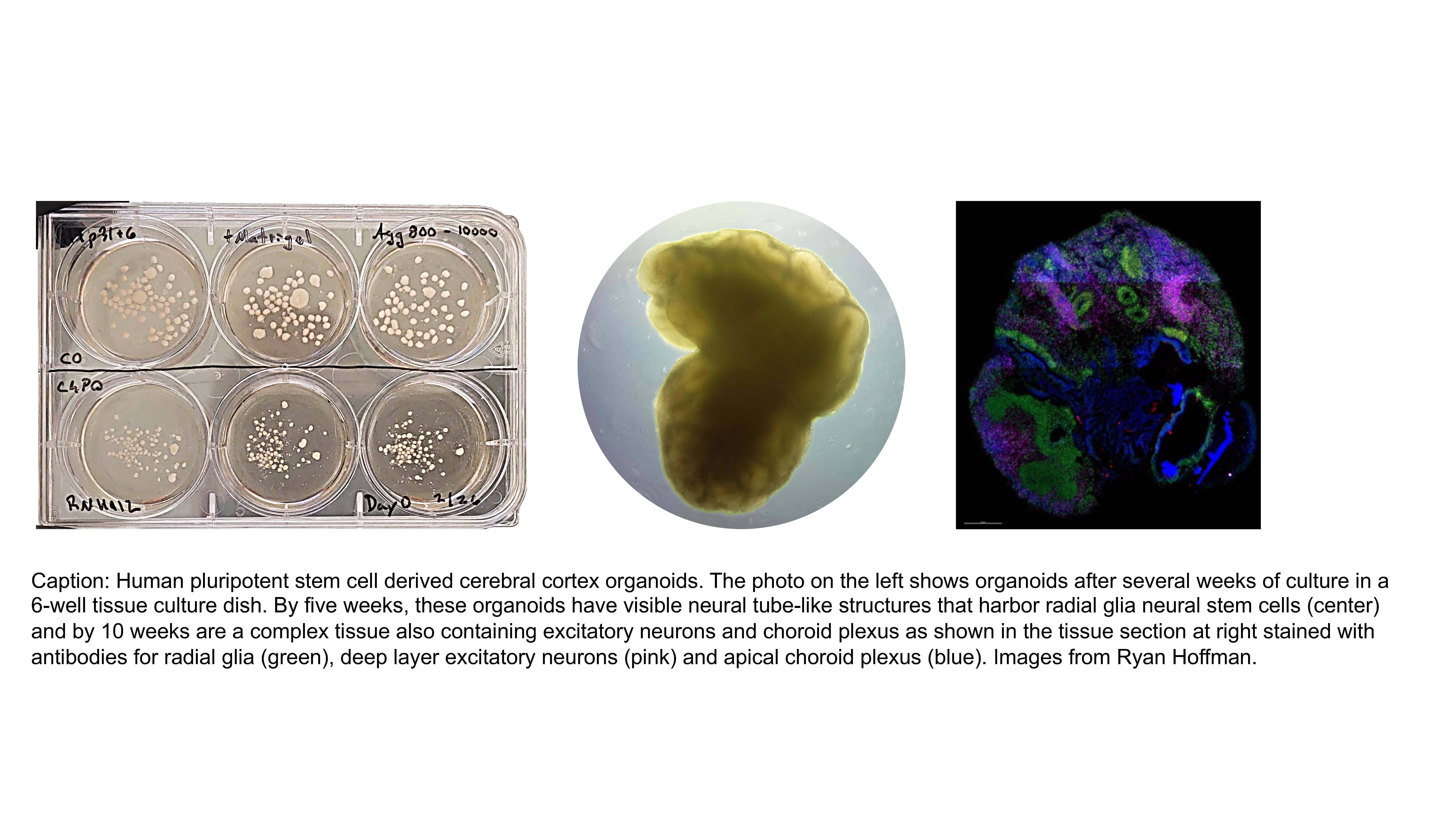Sofie Salama
|
Professor of MCD Biology B.S., University of Illinois Urbana-Champaign Ph.D., University of California, Berkeley Postdoctorate, Massachusetts General Hospital Cancer Center and Harvard Medical School |
Our lab uses pluripotent stem cells from a variety of primate species as well as high throughput sequencing and phenotyping methods to study how genome evolution affects human development and disease. We use undifferentiated pluripotent stem cells as a model of the early embryo to explore the mechanisms by which retrotranposons and a large family of rapidly evolving transcriptional repressors, the KRAB zinc finger proteins, lead to new gene regulatory programs. In addition, we use pluripotent stem cell derived cerebral cortex organoids to study human brain development and disease in three closely related projects.
Our braingeneers project is a multi-disciplinary effort between researchers at UCSC and UCSF aimed at building more reproducible, scalable and comprehensive brain organoid models and developing cost-effective and non-invasive methods for determining the molecular and functional phenotypes of these organoids over weeks and months in culture. Recent efforts include microfluidic systems for automated organoid culturing, in-incubator imaging systems and development of an ultra-high density multielectrode array-based platform for measuring the activity of neural networks emerging within and between connected organoid cultures.
We are also using organoids to study the function of human specific genes and variants that may underlie the unique features of the human brain such as its increased size and connectivity. Many of these recent genomic innovations are also implicated in neurodevelopmental disorders. An example is the NOTCH2NL genes, which we identified and characterized. They lie in a genomic locus in which deletions and duplications occur spontaneously in the human population and are associated with autism spectrum disorders and schizophrenia among other neurological phenotypes.
Finally, as part of UCSC's Treehouse Pediatric Cancer Initiative, we are using hindbrain and forebrain organoids to study pediatric gliomas, a devastating cancer with no effective treatments.
Please follow this link to find the lab's publications in the National Library of Medicine's PubMed database.

